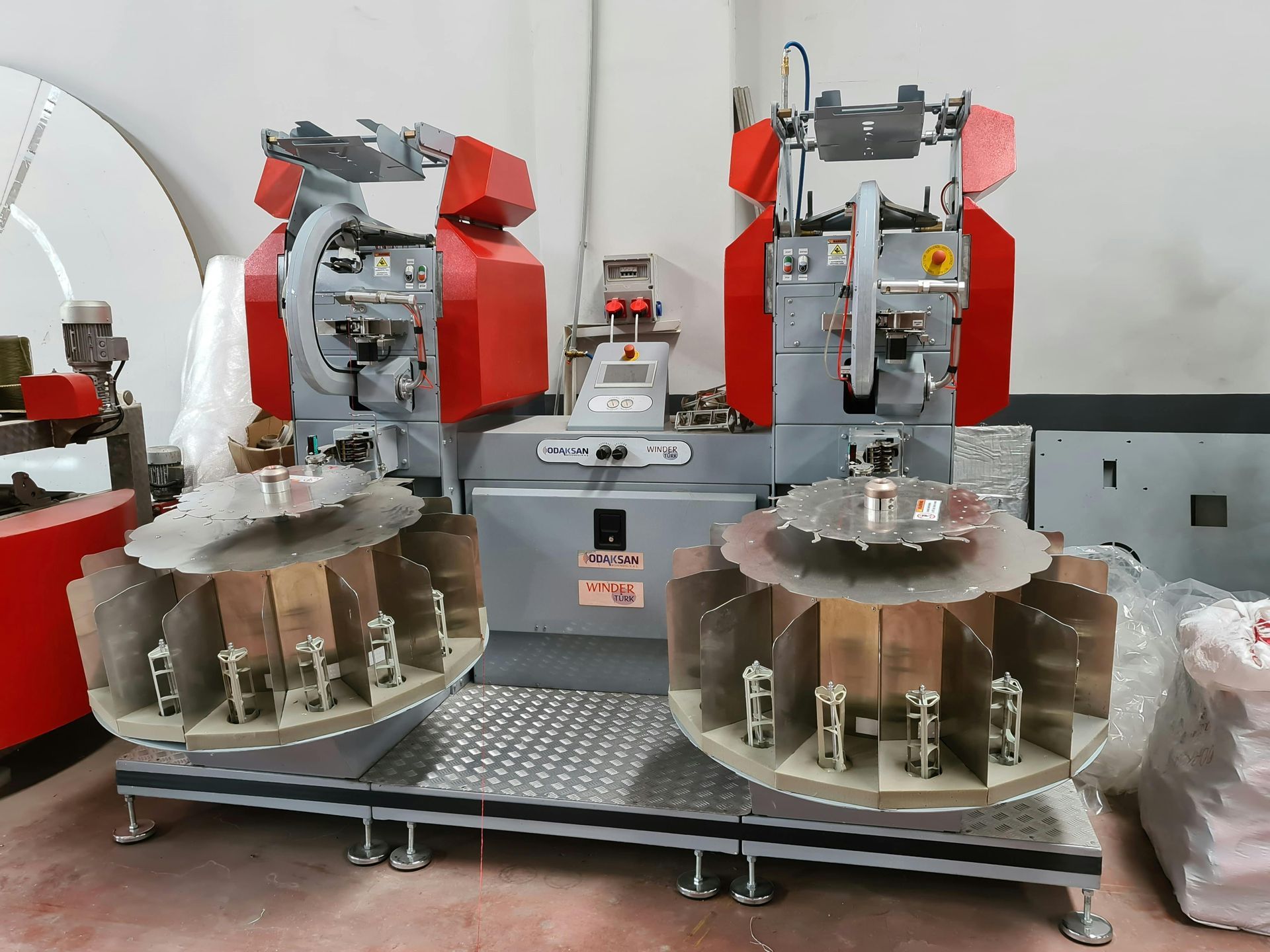10 questions to ask when interviewing a bookkeeper
Clarke McEwan Accountants
Whether hiring bookkeeping resources into your business or partnering with a practice, finding the right talent to work with can provide significant value to your business's finances.
Your working relationship with your bookkeeper is as important as your accountant, and it's critical that they work well together to ensure the company's books are always healthy and up to date.
From providing useful insights into cash flow and perhaps dipping into the occasional data forensics, a good bookkeeper will act as your financial Swiss army knife.
So what questions should you ask a bookkeeper before hiring them? CPA Tracey Sharah has a comprehensive list of questions that to ask, and her responses are laid out in detail below.
1. What qualifications do they hold?
The Tax Agent Services Bill 2008 that took effect from 1 March 2010 means that anyone providing BAS services for a fee will need to be a registered BAS agent.
At a minimum, your bookkeeper should have qualifications such as Certificate IV Financial Services. Look for someone who is a member of one of the various professional bookkeeping associations in Australia, such as The Institute of Certified Bookkeepers (ICB) or the Association of Accounting Technicians (AAT).
Finally, ensure the candidate has had vast experience in all accounting software platforms and has used payroll and inventory options.
2. What insurances do they have?
At a minimum, professional indemnity insurance is desirable.
3. Who will undertake data entry and BAS preparation work?
Establish whether the work will be consistently undertaken by the same bookkeeper or by any member of the team and whether the work will be reviewed.
4. What experience and references do they have?
References may not always be reliable, but it is worth taking the effort to do a little research before hiring a bookkeeper.
5. If the work is done in an accounting package, who retains the ownership of the data file?
Many bookkeeping organisations will process the work on their own data file, which will save you the expense of purchasing the software upfront. If in the future you wish to bring the bookkeeping in-house, the transfer of ownership will cost a nominal fee.
6. Would they maintain reliable, off-site data backups?
Make sure that no matter where your bookkeeper works, they keep accurate backups of your files in case of an emergency.
7. Who will be responsible for rectification work?
Mistakes may date back years, and corrections can be costly exercises, involving re-keying data, reworking BAS, and reviewing end-of-year financial statements. Will the bookkeeping work be redone free of charge, or will the charges be reimbursed?
8. What is required to process the work?
Before hiring a bookkeeper, establish what they will need from you on a regular basis. Do they want the receipts sorted? Are you required to write account codes or explanations on the receipts? Unless you're paying extra for mind-reading services, expect this to be the case.
9. How will they communicate with your accountant?
You need to establish how the bookkeeper will communicate with the accountant and how the accountant will charge you. Introduce your bookkeeper to your accountant, and to encourage a professional relationship between them.
10. How much will it cost?
Today, bookkeepers' work is often vastly undervalued. Remember, if you pay peanuts you get monkeys. Once you have found your bookkeeper, don't simply outsource and ignore. You need to look at your management reports on a regular basis and incorporate them into your decision-making processes.
If you're looking for a bookkeeper contact us for a referral. Clarke McEwan also offers training to your staff and outsourced bookkeeping solutions if you prefer for us to manage the entire process.








